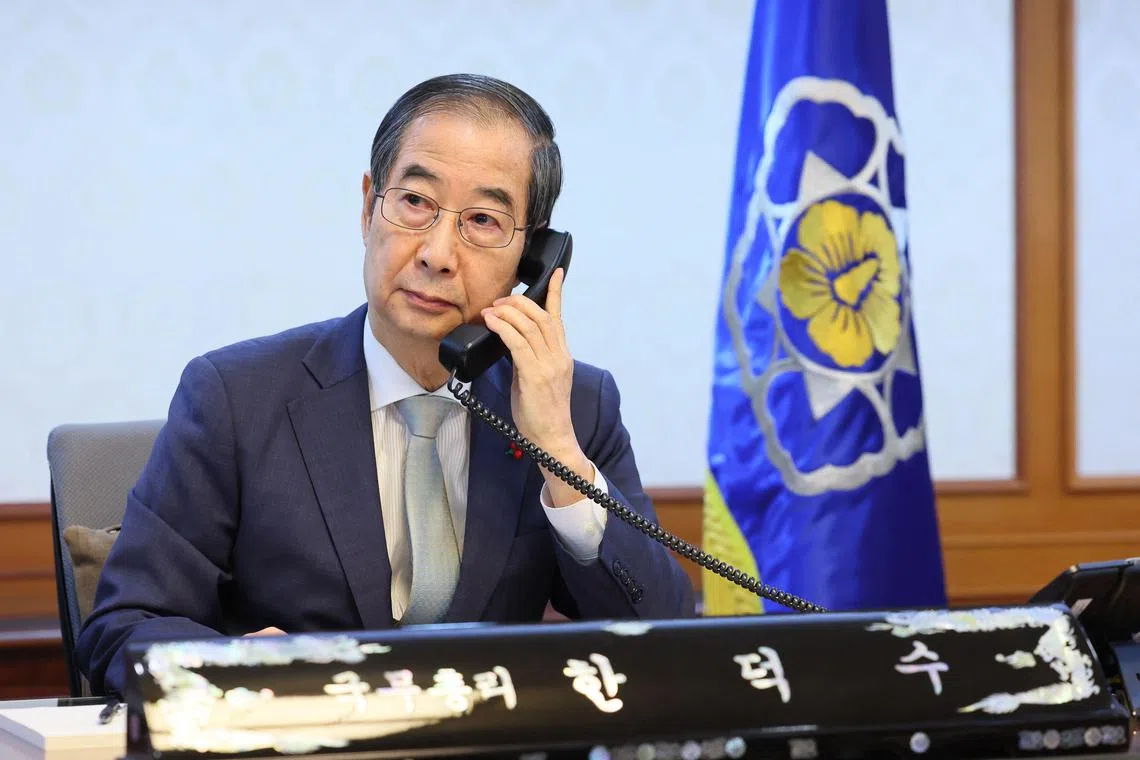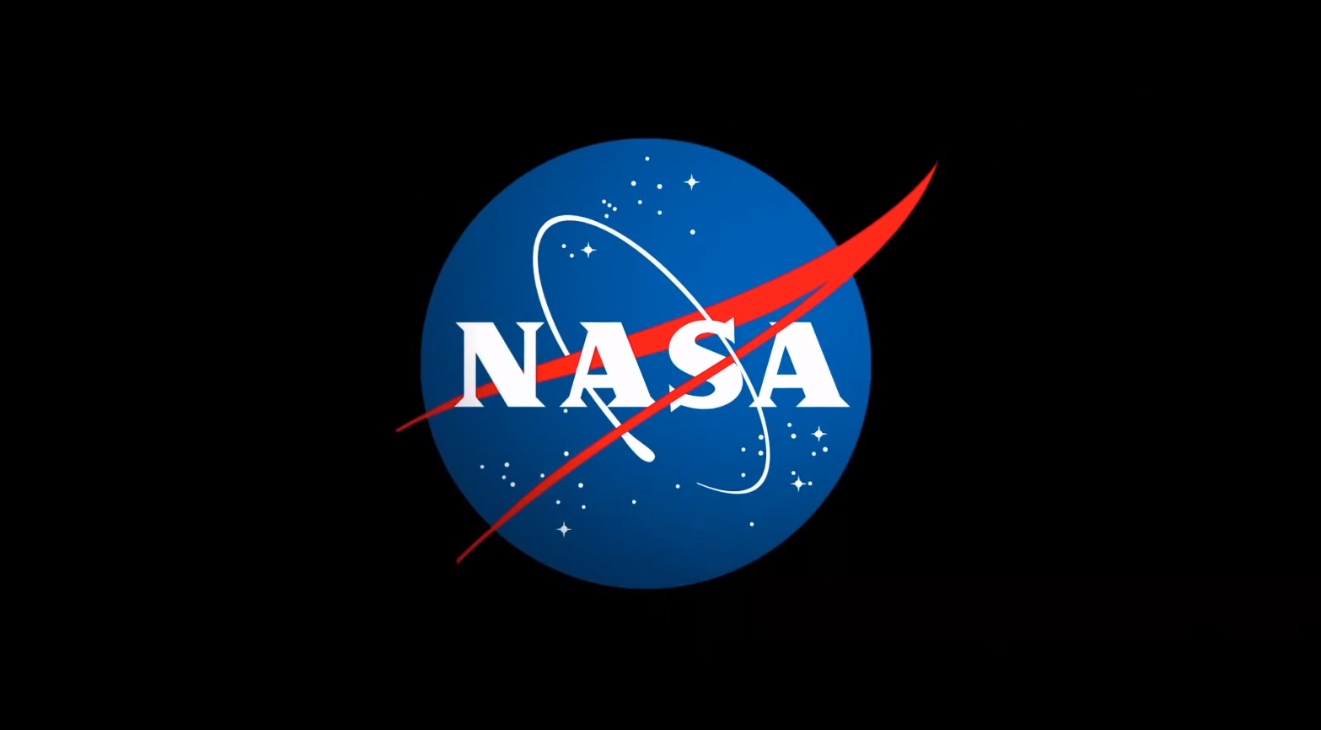The US-Japan-South Korea partnership could face the threat of dissolution after major political changes in all three countries. Initiated by the late Japanese prime minister Shinzo Abe, promoted by South Korean President Yoon Suk-yeol and effectively led by the Biden administration, the partnership aims to counter China and North Korea.
In the United States, Donald Trump, who disagrees with many of the Biden administration’s plans, is set to return as president. In South Korea, Yoon, a staunch supporter of the partnership, and his administration are looking at a near-certain collapse. And Prime Minister Shigeru Ishiba’s government wants to transform Japan into a “normal country”.
The trilateral partnership’s core difficulties stem from the three countries’ diverging foreign policy paths, which are related to strategic adjustments in their domestic development priorities. The differences arising will make sustained collaboration increasingly unlikely.
The US president-elect’s campaign promises and avowed policies, which have been described as Trump 2.0, signal a continuation of his “America first” approach. This includes a focus on domestic issues, especially the manufacturing and energy industries, and a scaling back of international involvement and commitments.
A cornerstone of Trump’s expected foreign policy involves shifting from providing free security for US allies to requiring payment for protection. This would be a significant departure from previous administrations and undoubtedly weakens the foundation of US strategic cooperation with Japan and South Korea.
South Korea’s domestic political upheaval is also poised to bring changes. Yoon’s botched attempt at imposing martial law severely damaged the ruling conservative party politically and resulted in his impeachment. The progressive main opposition Democratic Party, which has a markedly different foreign policy stance, is likely to take power.

 By South China Morning Post | Created at 2024-12-20 01:36:36 | Updated at 2024-12-20 08:29:55
6 hours ago
By South China Morning Post | Created at 2024-12-20 01:36:36 | Updated at 2024-12-20 08:29:55
6 hours ago








